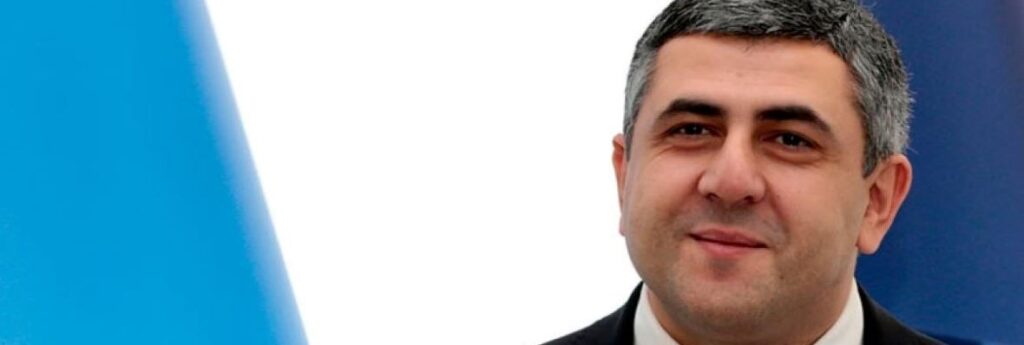With a billion fewer international tourists expected in 2020 – putting 120 million global jobs at risk – the time has come to re-start tourism, says the United Nations World Tourism Organization. But not without proper guidelines and protocols.
Last week the Madrid-based UNWTO, in conjunction with a host of industry organizations such as IATA, CLIA, ICAO and WTTC, and others like the World Bank, launched a roadmap for post-pandemic travel.
Introduced at the fifth meeting of the Global Tourism Crisis Committee, the UNWTO Guidelines to Restart Tourism cited “challenging months ahead,” for countries and stakeholders, “from providing liquidity for vulnerable businesses to opening borders and coordinating new health protocols and procedures.”
Noting that several countries around the world have already started to ease restrictions on travel, UNWTO Secretary-General Zurab Pololikashvili says it’s important to make “the right decisions at the right time,” but also collectively, adding, “Governments and businesses are increasingly on our side as we work to build this new tourism.
“Together, we are stronger, and this cooperation will be essential as we move onto the next stage,” he says, adding that restoring confidence and building trust with travellers is the “foundation for recovery.”
Among the (non-binding) measures the UNWTO is calling for are:
TOUR OPERATORS & TRAVEL AGENCIES
• Facilitate international-voucher redeeming for local/domestic packages and products.
• Implement health and safety protocols and promote digital communication.
• Develop segmented and sustainable products focused on nature, rural areas and culture.
• Incentivize domestic tourism, short trips and visits to nearby destinations in the short term.
• Create alliances with the financial sector to promote deferred tour packages at interest-free instalments.
• Coordinate with insurance companies to offer complete or 100% coverage products.
AIRLINES
• Health check procedures as appropriate.
• Deepen the frequency of aircraft and cabin cleaning.
• Consider providing masks for passengers and crew and ensuring their use during the whole flight.
• Implement reduced boarding and deplaning processes.
• Limit movement within the cabin during flight.
• Facilitate people not sitting next to each other where load factors allow.
• Provide in-flight sanitizing tissues to passengers and crew members.
• Reduce the number of objects in the cabin (printed material and souvenirs) and limit hand luggage.
BORDER MANAGEMENT
• Adapt border processes & procedures in line with public health evidence-based risk assessment.
• Define roles and responsibilities for governments, private sector and travellers.
• Ensure international coordination in the re-opening of borders.
• Revise regularly travel restriction & protocols using best available information.
• Enhance the use of technology for safe, seamless and touchless travel.
• Provide reliable, consistent & easy to access information on travel restrictions and protocols to the private sector and to travellers.
HOSPITALITY
• Increase the frequency of cleaning in common areas and contact surfaces.
• Inform guests about existing protocols in an easy and updated manner (e.g. time of the last cleaning, contact of health manager, etc.).
• Explore new methods such electrostatic sprays, ultraviolet light, amongst others.
• Implement contactless check-in and provide guests with a hygiene welcome kit (including gloves, masks, sanitizer).
• Keep spare rooms for possible sick or quarantine guests.
• Keep physical distancing for the use of all common spaces.
• Create positions such as hygiene manager and guest guardian.
ATTRACTIONS & THEME PARKS
• Encourage the use of masks/face coverings for guests and staff.
• Reduce touch areas where possible and sanitize high touch surfaces frequently.
• Protect employees with various approaches, including barriers, protective coverings, and distancing.
• Manage density of people within the facilities.
• Communicate protocols and responsibilities to guests.
• Encourage online payments and pre-bookings.
To help ensure that tourists “share in this vision,” the UNWTO has also partnered in a program with CNN International designed to inspire people to travel again through a positive yet aspirational 60-second video.
The #TravelTomorrow message highlights “responsibility, hope and determination” and “reminds tourists of the positive difference their choices can make,” but at the same time urges them to put public health first and to “stay home for now but travel tomorrow.”
The film will be shown on CNN International and its social media and amplified by UNWTO’s own media channels. View it HERE.

